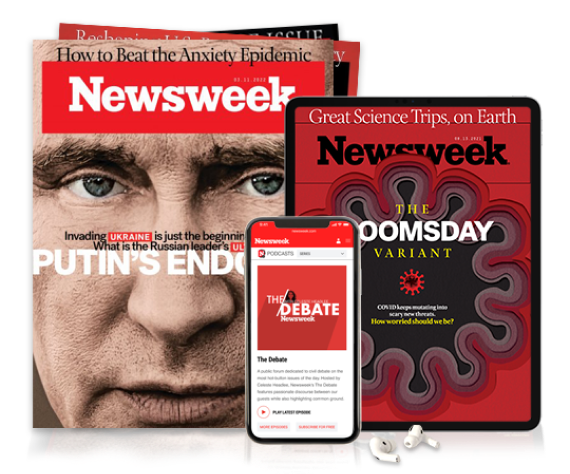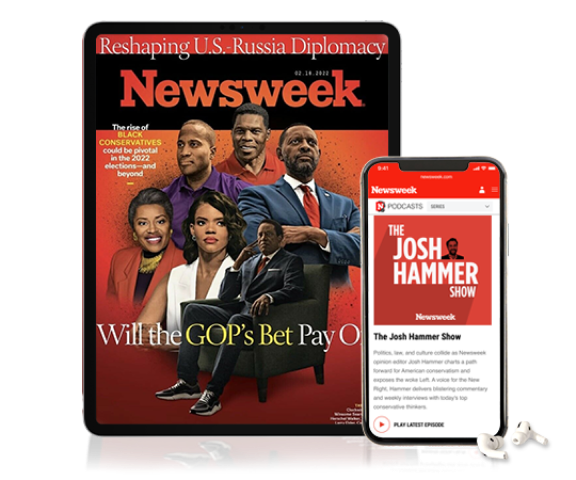What Does Innovation Mean, Really?
There's so much more to this term, from pivoting and risk-taking to just forging your own path, regardless of what others may think or tell you.

The word innovation is sometimes overplayed. Some people associate it with fresh ideas or even an invention. You may regularly hear about a company that's fairly innovative or the latest innovation that promises to transform lives. But there's so much more to this term, from pivoting and risk-taking to just forging your own path, regardless of what others may think or tell you.
If You Don't Innovate, You Stagnate
Innovation, a lot of times, is mistaken as "inventing." That can be one form of it. Innovation is a way of doing something different that yields a distinctive result. Take, for example, a fifth grader struggling with math. This student may find success by learning an alternate way to get to an equation's answer. That's innovation.
Too often, particularly in the business world, people opt for taking the safe route. Sadly, in some large companies, outdated processes are reinforced and innovation stagnates. But then you see companies that might be on the verge of going out of business and they pivoted and invented a new product or offered a new service. I believe an example of this is the late Steve Jobs. Microsoft outwitted Apple with its original Office suite products. But Jobs changed the game when he pioneered iTunes, and then later, the iPhone. I've often wondered if we would have either of those things if Apple had initially had the dominant software and personal computer. Necessity powers innovation.
Teach the Young To Embrace Failure
Society needs to get into the mindset of teaching young people that they don't have to follow the masses. That will make you average by definition. It's not a bad thing to be average, but why settle for that? While I was in college, I didn't have a single class that looked favorably at someone who might want to start something like a bagel shop. That idea could have turned into a franchise like Einstein Bagels did around that time. Instead, most students then were encouraged to choose a path likely to avoid failure.
Yeah, it sucks to fail, but what really sucks worse is to be scared to try. Failure to try is the worst thing in the world. We need to teach students how to look at macro problems and how to approach risk, the status quo, and obtain results. I started my first company early on after failing to get hired on Wall Street. Would I have taken that route if I had been successful at securing a job in finance? Probably not.
Mentors Matter
I was very fortunate to have amazing parents. My father is an early pioneer in technology, serving on teams that helped develop electronic toll collection and in-vehicle navigation. At the dinner table, I was exposed to an entrepreneurial spirit early on and got engrained in it.
At the time, you can imagine what people thought when he told them there would be no need to throw quarters in a basket because a transponder would automatically debit your bank account or credit card. The idea of getting rid of toll booths probably sounded absurd to most people, but the technology was bought by Lockheed Martin and revolutionized how we travel on highways today. The same is true of in-vehicle navigation. Most people never fathomed how this tool would be readily available in their cars and mobile phones someday. And here we are. My father was constantly challenging the status quo and asking how we can do it better. He not only taught me the value of being forward-thinking but also that good things take time to develop.
Every endeavor has a cycle. For my father, both the electronic toll collection and in-vehicle navigation each had a business cycle of 15 to 20 years. He never gave up, nor did he stop believing in how each innovation would transform society.
Give People What They Need
Innovation requires assessing what the market needs, today, tomorrow, and 20 years from now. You need to understand who your customer is and what they need to be successful. History is full of examples that prove this point. Both the telephone and electricity gave people more control of their life. Electricity gave people the freedom to say, "I don't have to go to bed when the sun goes down." PayPal is a modern-day example. No one asked for a system that allowed them to pay, send, and receive money. They had credit cards to do that. But today, we have several mobile payment apps and digital wallets.
There's a saying: "vision in the rearview mirror is common sense." Vision, a precursor to innovation, is the ability to look at something and ask how it will make someone's life better. It requires obsessing over how to solve problems and coming up with solutions to make something better — whether it's a product, service, or a solution to a math problem.








